When an employee suffers an injury on the job, it can be a financial dilemma dealing with medical bills and lost wages from missing work. However, that dilemma can be easily fixed with workers’ compensation insurance. This insurance is to benefit both the employee and employer. Employees’ medical bills are covered, and the employer is safe from legal liability. Knowing the details of workers’ compensation insurance and how it works can prevent any delay in benefits and avoid confusion when a claim is made. Here are all the basics of workers’ compensation insurance.
What Is Workers’ Compensation?
Workers’ compensation, also referred to as workman’s comp, is a type of insurance designed to cover employees if an injury or illness occurs while on the job. The benefits help cover medical expenses, lost wages, and death benefits. Workers’ comp is no-fault insurance, meaning employees get coverage regardless of who is at fault. Employees who accept workers’ comp give up their right to sue the employer over their injury. Without workers’ compensation insurance, the employer is liable for covering all medical costs and potential lawsuits.
Workers’ comp insurance is legally required in most states; however, each state has its own set of rules and regulations. Typically, an employer is required to obtain workers’ comp insurance if they have at least one employee. Every employee who has taxes deducted from their income is eligible for benefits, including part-time, seasonal, and temporary workers. The only exception is contracted workers since they aren’t considered company employees.
How It Works
Workers’ compensation is state-funded and has a board of directors to determine the claims process. The state board has the authority to accept or decline each claim. On the chance a claim is denied, the employee has the right to appeal the decision. If an employee is injured on the job while intoxicated or committing a crime, their claim will automatically be denied.
As soon as an employee sustains an injury while on the job, they need to immediately seek medical attention, and the employer should report the injury to their insurance carrier. There is a limited amount of time to file a claim within the injury date. When the employee gets medical care, the doctor will fill out a report after treatment. In some cases, employers have a list of recommended medical facilities in close range to streamline the process.
Workers’ Compensation For The Transportation Industry
Every industry has risks, but the transportation industry faces a few more risks than most since they’re constantly on the road. The cost of workers’ compensation insurance has a variety of factors:
- Annual Payroll
- Number of Employees
- Type of Work
- Claims History
- Industry
Since the transportation industry is exposed to more accidents, the rates of premiums might be higher compared to others. To reduce cost, minimizing the number of claims will lower premiums. There are preventative measures to implement to help make the workplace safer:
- A return to work program
- Workplace safety initiatives
- Regular safety training
- Map out routes
- Educate employees on their benefits
- Promote open communication
- Routine vehicle inspections
Stay Safe With TIB
Some of the top workers’ compensation insurance claims for the transportation industry are traffic accidents, falls getting on and off the vehicle, improper maintenance, and back problems from sitting for long periods. Addressing these concerns can minimize injury and the number of claims while keeping employees safe. Having the right insurance policies in place is another way to keep everyone safe. Call TIB Insurance today to learn more about our services and how we can help your business.



